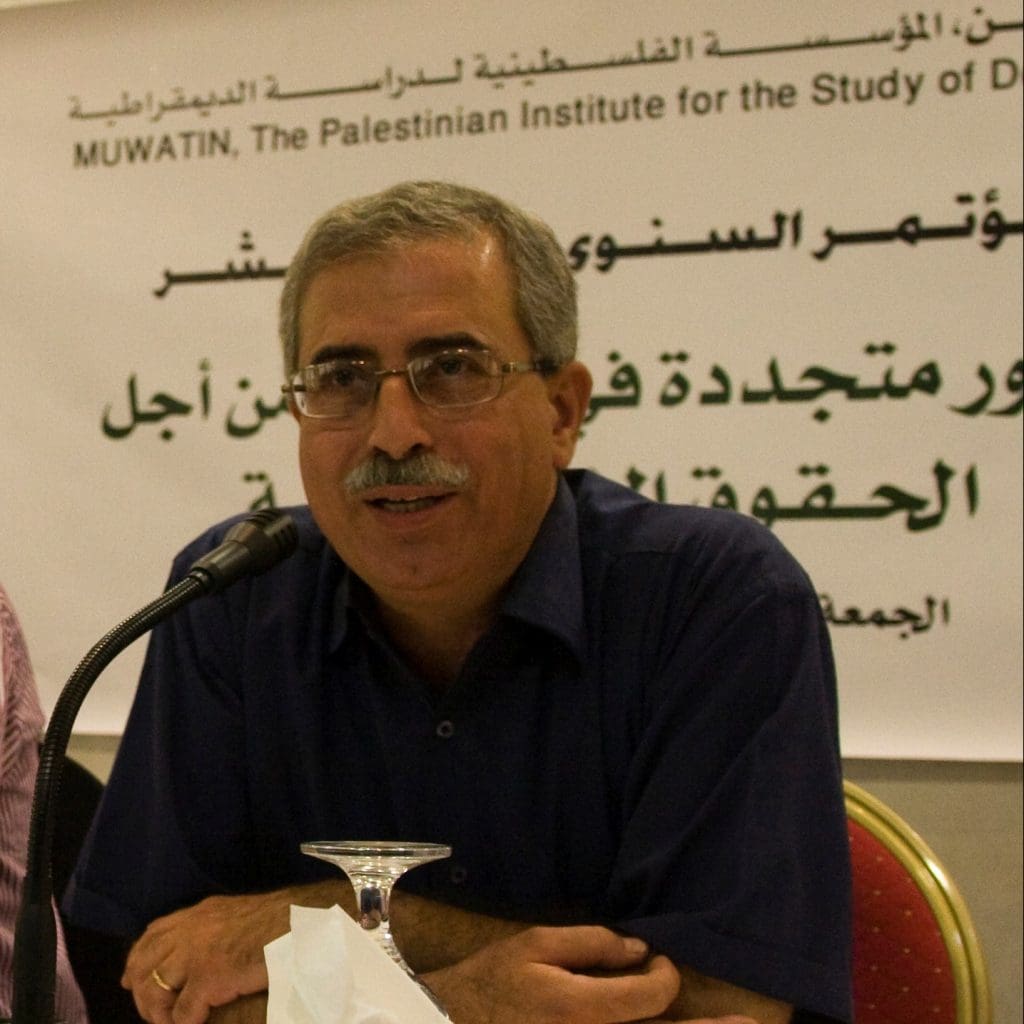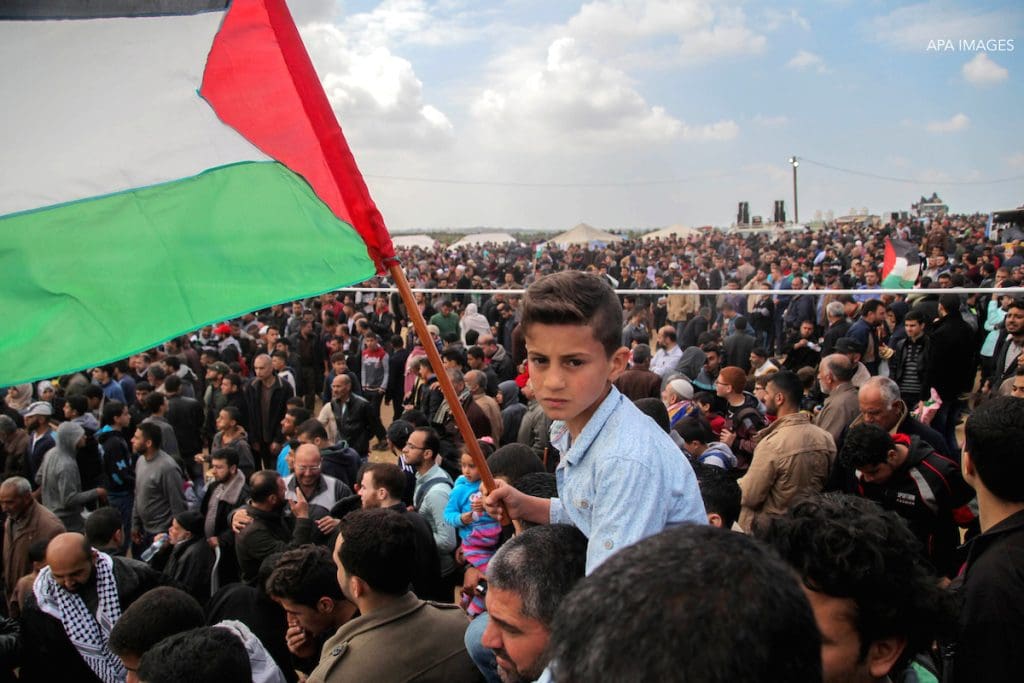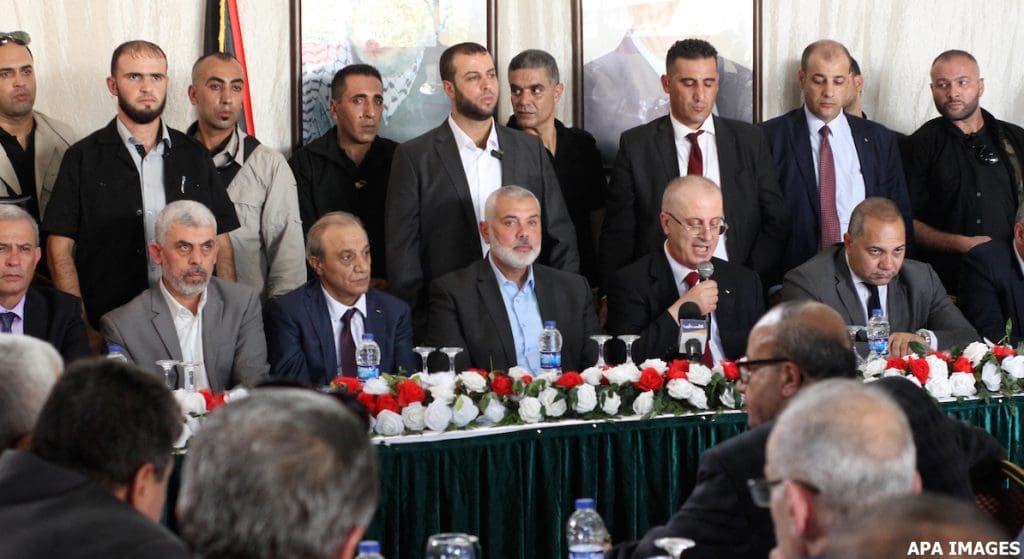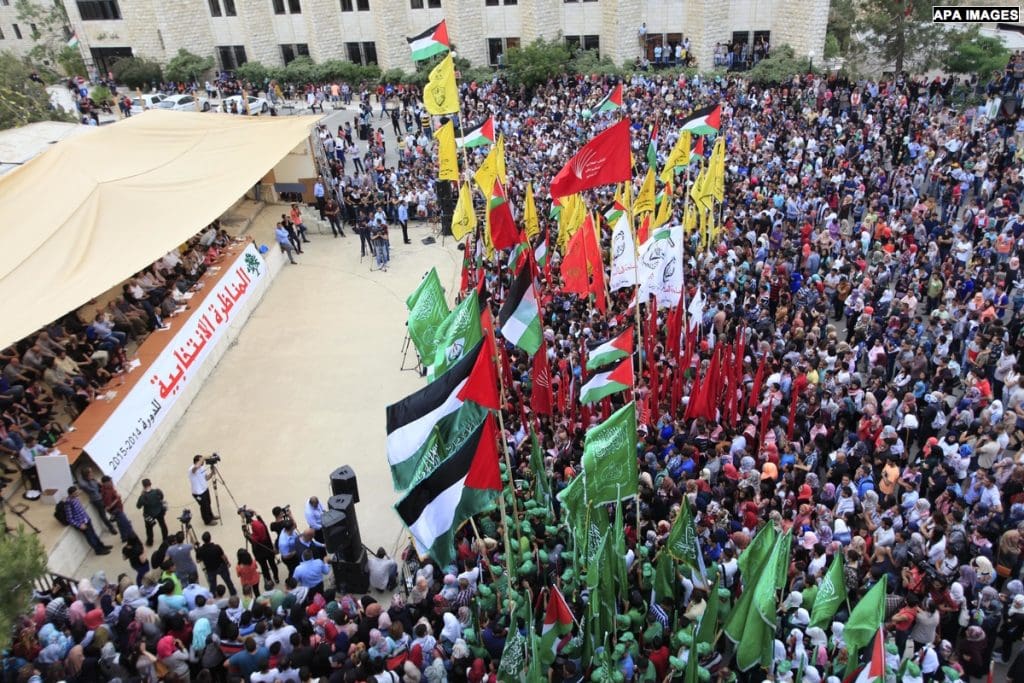Khalil Shaheen is a Palestinian Journalist, media expert, researcher, and well-known political and media analyst. He is currently the director of research and policies and board member at Masarat – The Palestine Center for Policy Research and Strategic studies in Ramallah. Since 1981, he has served as a journalist, editor and researcher at several institutions, newspapers and magazines in Lebanon, Syria, Cyprus, Jordan and Palestine, since 1981. His articles and policy studies are widely published.
From this author
World attention has refocused on Gaza since the Palestinians imprisoned there for more than a decade began their peaceful “Great March of Return” on March 30. Risking life and limb to protest the violations of their human rights – Israel has killed more than 40 protestors and wounded thousands more, many seriously – the Gaza Palestinians have also succeeded in going to the root cause of the conflict.
The Fatah-Hamas reconciliation announced on October 12 may sound like a breakthrough, but many questions remain. Of course any progress bridging the two sides is a welcome development for people in Gaza, who have suffered since 2007 from Israel’s cruel blockade and, more recently, from the Palestinian Authority’s (PA) draconian cuts to their electricity and salaries. However, the longer-term effects of a Hamas-Fatah rapprochement – if done in an incomplete way – may be more devastating than what Palestinians experience today.

Khalil Shaheen· Oct 18, 2017
Palestinian parties remain entrenched in the political system despite their splits and weaknesses. What role can they play within - or outside - the PLO and what other avenues exist for national or local leadership? While some Al-Shabaka policy analysts offer ideas beyond the current political set-up, others suggest ways to make the current structure work.




















